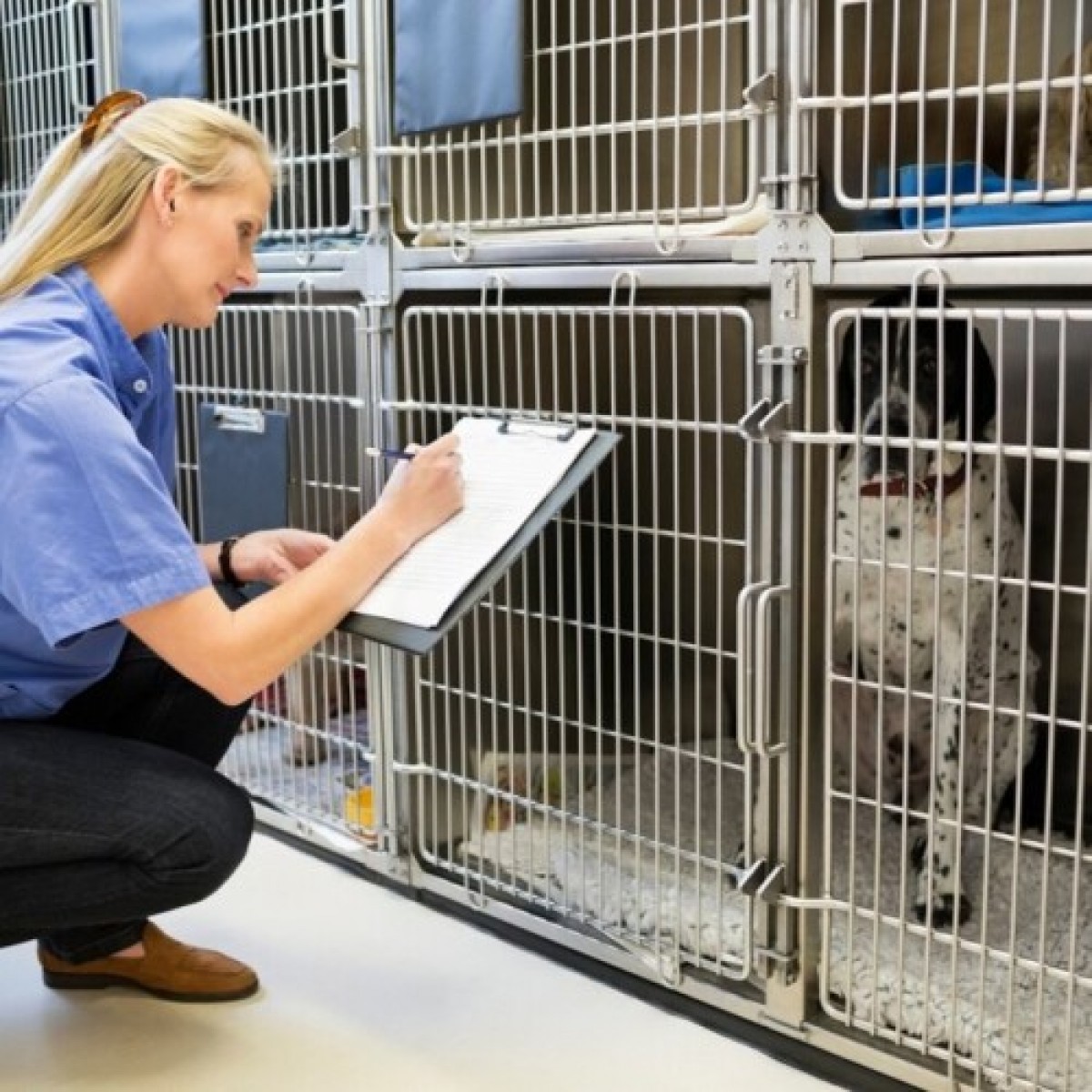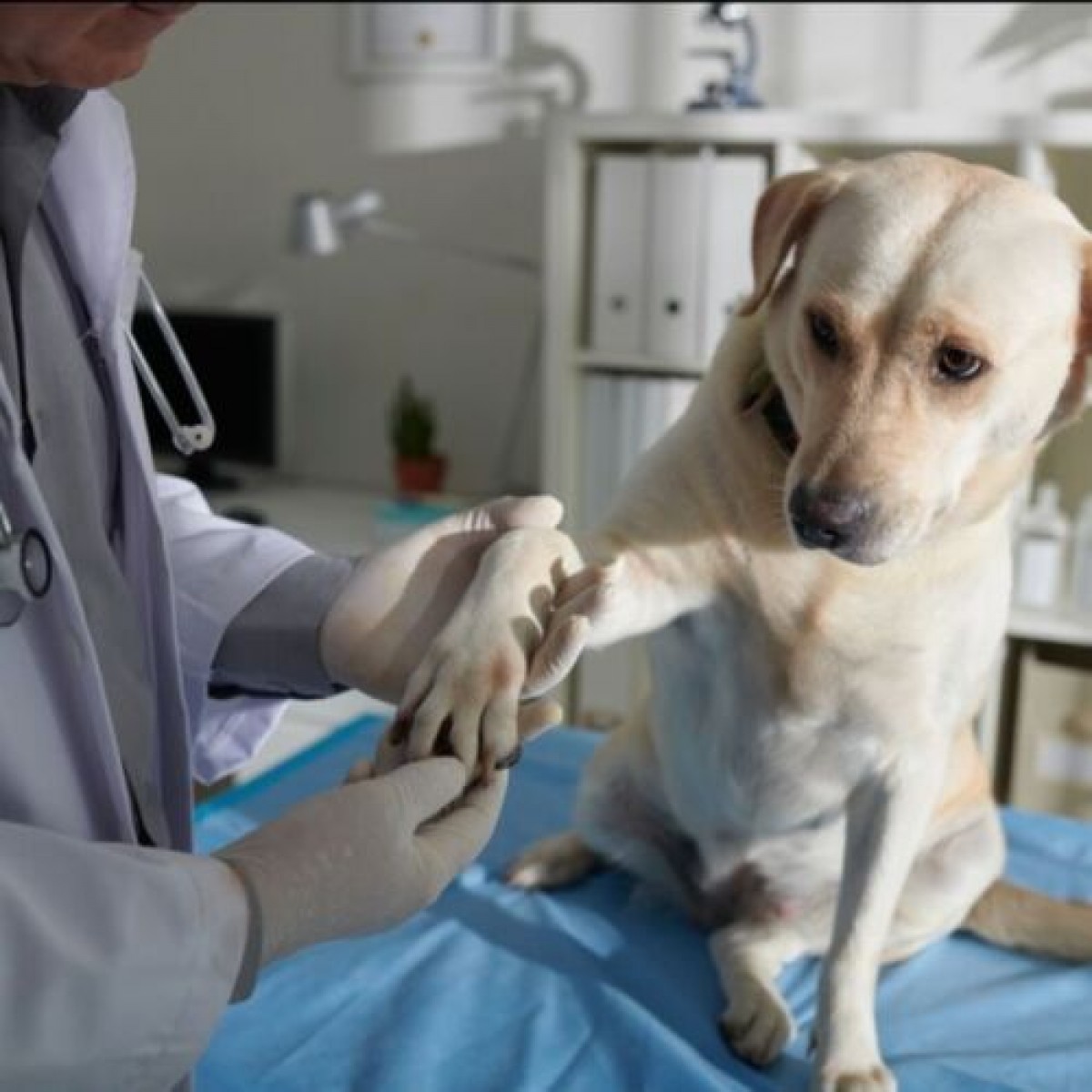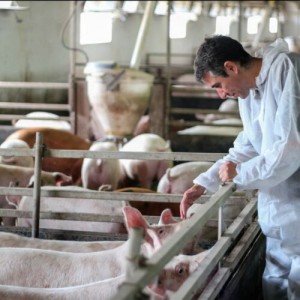Respiratory illness strikes canine community in Colorado’s Front Range, CSU veterinarians warn
A contagious illness leading to upper respiratory infection is affecting the canine community along the Front Range of Colorado, surprising pet owners and veterinary circles in recent months. The possible virus, which is under intense observation by Colorado State University veterinarians, has been linked to cases of severe pneumonia and, tragically, resulted in some fatalities.
The uptick in cases has left veterinarians looking for answers and pet owners on edge. While coughing with the typical syndrome usually only lasts seven to 10 days, some cases this year have continued coughing for several weeks. In addition, while pneumonia occurs in some typical kennel cough cases, this year the numbers of pneumonia cases seem higher.
“Contagious respiratory disease in dogs (kennel cough or the canine infectious respiratory disease complex) is common and there are multiple viral and bacterial causes,” said Dr. Michael Lappin, board-certified internal medicine veterinarian at the CSU James L. Voss Veterinary Teaching Hospital. “However, in recent months, cases are being diagnosed more frequently and the course of disease is different than usual, surprising both pet owners and veterinary health care providers. It is currently unknown whether these unusual cases are caused by a virus or a bacterium, or a combination of both types of infection.”
CSU experts are working to unravel the mysteries surrounding this unusual syndrome and are are particularly interested in determining whether the cause is a new or exiting virus or bacterial infection. Dr. Amanda Cavanagh, board-certified emergency veterinarian and head of the CSU Small Animal Emergency and Urgent Care service, expressed concern and eagerness for better understanding and data to inform treatment and disseminate information.
“The health and well-being of our canine companions are paramount,” Cavanagh said. “We are actively learning about this illness, its causes, transmission, and potential treatment measures to protect our beloved pets.”
Clinical findings and tests completed to date suggests that most dogs with the unusual syndrome have a virus that primarily targets the respiratory system, leading to secondary bacterial infection and pneumonia in affected dogs. The mode of transmission remains unclear, but early observations indicate it appears to be contagious, and CSU veterinarians are treating patients in isolation to contain the spread. Veterinarians and public health officials are studying whether this is a new virus or bacterium, or a more pathogenic form of a known agent, Lappin said.
Recommendations for keeping dogs safe
The illness appears to be a “variant of canine infectious respiratory disease complex that is lasting longer and perhaps anecdotally has an increased incidence of secondary bacterial pneumonia,” Cavanagh said.
- Keep vaccines updated: Ensuring dogs are up to date with vaccinations is critical. While the existing vaccines may not specifically target this unknown infection, maintaining overall health through routine vaccinations can help support a dog’s immune system in combating various infections. Optimal protection against common respiratory infections includes the annual intranasal vaccine for Bordetella, Adenovirus 2, and parainfluenza vaccine, combined with the injectable influenza H3N2 vaccine. Avoid bringing a dog into the community until two weeks after the last dose of a vaccine and immunity has developed.
- Watch them closely: CSU veterinarians advise pet owners to monitor their dogs closely for progressive coughing that may be accompanied by signs of ocular or nasal discharges and sneezing.
- Consult your veterinarian: If these clinical signs develop, consult your veterinarian immediately, particularly if your dog concurrently loses its appetite, has trouble breathing, is coughing continually, or is extremely lethargic.
- Avoid voluntary gatherings of dogs: For the time being, it would be prudent to avoid dog parks and other social events where your dog could have contact with dogs of unknown vaccination or health status. If boarding, day care, or grooming are required, complete the vaccinations described above before attending.
Ongoing research and collaborations
CSU has a team of researchers in the Veterinary Teaching Hospital, the Veterinary Diagnostic Laboratory and the Translational Medicine Institute that are actively working on canine infectious respiratory disease complex, including Lappin. The university is collaborating with the Colorado State Veterinarian’s office, the USDA and the Colorado Veterinary Medical Association to collect more data and share information to pet owners and veterinary health professionals in Colorado and other states.
As researchers intensify their efforts to identify the cause, pet owners are encouraged to stay informed and adhere to any guidelines provided by veterinary professionals.
Source: https://cvmbs.source.colostate.edu/














List
Add
Please enter a comment